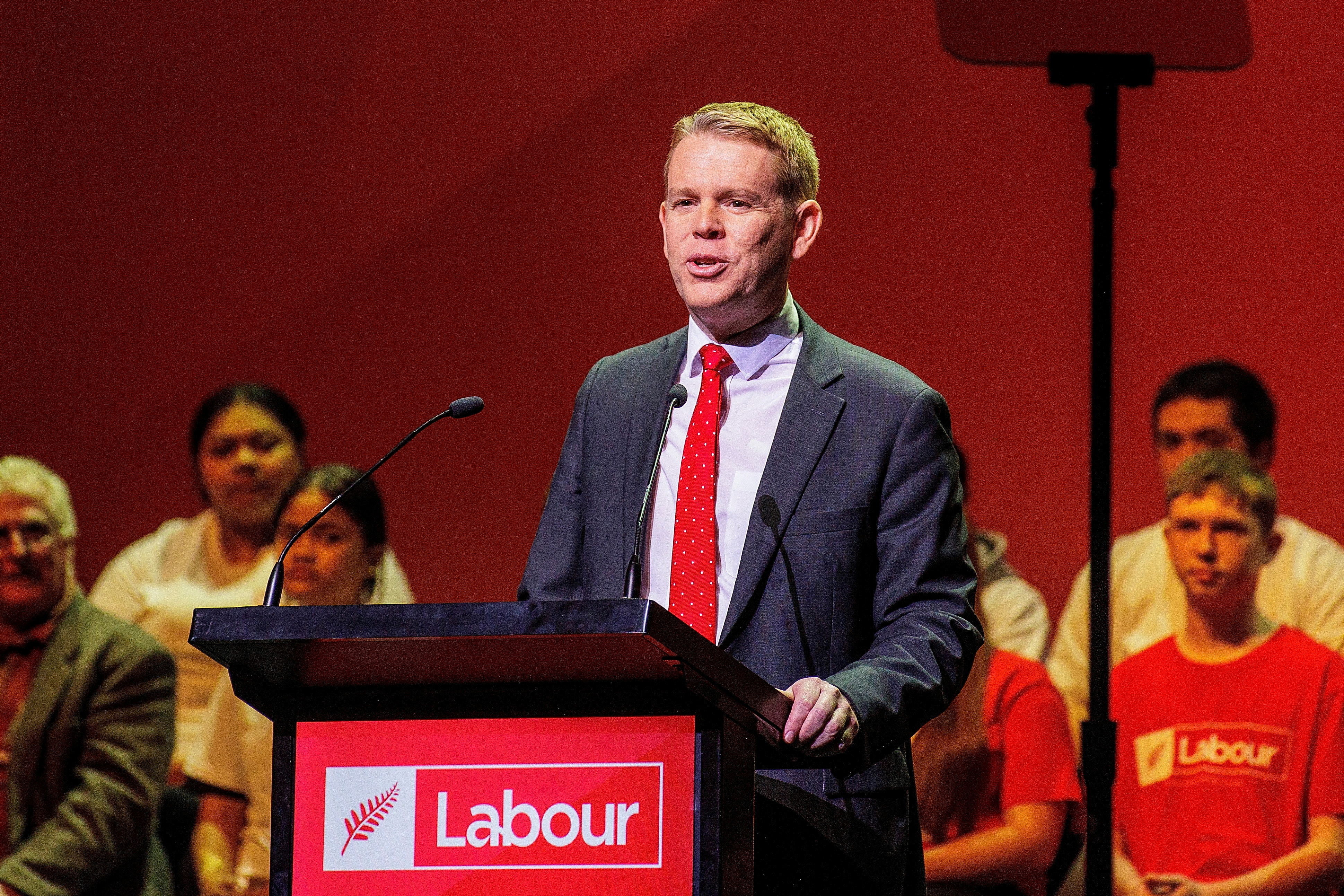The government plans to make the island the site of a new industrial park dubbed Rempang Eco-City that will host a giant Chinese-owned glass and solar panel manufacturing facility.
The factory will be part of a joint project between the Batam Indonesia Free Zone Authority; PT Makmur Elok Graha, a local Indonesian company; and China’s Xinyi Glass, which wants to take advantage of the island’s quartz sand, a component of glass and solar panels.
Ariastuty Sirait, spokesperson for the Batam Free Trade Zone Authority, told VOA’s Indonesian Service the total investment is predicted to reach $24.6 billion and produce 306,000 jobs by 2080.
Xinyi plans to invest some $11.6 billion to build the factory, according to a spokesperson who told VOA Indonesian during a phone interview that not all island residents oppose relocation.
The plan requires the eviction of some 7,500 residents of the 17,000-hectare island, which is located about 44 kilometers from Singapore. Many of its residents belong to Indigenous communities.
Rempang Island investors, including PT Makmur Elok Graha, did not respond to requests for comment on the relocation tensions.
In August, the government told residents to leave the island by the end of September, sparking protests in which at least 20 people were injured and 43 were arrested for alleged violence and vandalism, according to Reuters. The last protest was three weeks ago.
Police used tear gas and rubber bullets against the protesters, which critics denounced as an excessive use of force.
In a Sept. 22 statement, Indonesia’s National Commission on Human Rights said it found evidence of human rights violations carried out by joint forces of the police, military and public order officers.
Indonesian President Joko Widodo struck the Rempang Eco-City deal in July during a visit to Chengdu, China. In August, the Indonesian government named Rempang Eco-City a “national strategic project.”
Analysts say the Indonesian leader sees securing investment from China, Jakarta’s biggest trading partner, as critical to his country’s economic development.
But land disputes and forced evictions have often been a source of conflict between the government and residents in Indonesia, and the Renpang dispute appears to add a new dimension to the tensions, given the government’s eagerness to secure a portion of China’s massive investment in overseas projects.
“I would say that the main concern Indonesian officials should focus on are the potential impacts on the environment and local population,” said Abdul Rahman Yaacob, a research fellow in the Southeast Asia program at the Lowy Institute in Sydney, Australia, in an email to VOA’s Korean Service.
An Indonesian news site, iNews.id, has quoted Ministry of Investment official M. Pradana Indraputra saying the new factory will create an estimated “35,000 jobs” without providing a specific timeframe.
But if most of those jobs go to imported Chinese workers, Rahman said, “this will create domestic resentment, as the locals will see little or no benefits from the investment, besides losing their ancestral homes.”
At the strategic level, the project is consistent with the government’s focus on internal economic development, according to Rahman.
“More than 50% of Indonesians are between 18 to 39 years old, and economic development is critical as it leads to jobs for young Indonesians, and jobs lead to domestic stability. … Indonesia must insist that the investors should hire local workers as much as possible and monitor closely the project’s impact on the environment,” he said.
Andreyka Natalegawa, an associate fellow in the Southeast Asia program at the Center for Strategic and International Studies, told VOA’s Indonesian Service that the planned eviction of thousands of Indigenous residents from the island “raise serious concerns about the governance of the project and its impact on human security, human rights and the local environment.”
In an apparent attempt to ease tensions, the government announced at a Sept. 25 press conference that it would ease the evacuation deadline and offer incentives to those who are willing to be relocated.
“The president has directed me to hear the aspirations of the local residents, ensure their rights and prioritize their needs in line with existing laws, and conduct ourselves in a cordial manner,” said Bahlil Lahadalia, Indonesia’s minister of investment.
Lahadalia said the government will move residents who object to the development of Rempang Eco-City to another part of Rempang Island instead of moving them to nearby Galang Island.
Each family member will be given $78 per person per month, in addition to $78 for rent per month, while they wait for their new homes to be built, according to the investment minister. Indonesia’s average monthly earnings in December 2022 were $192, according to government figures.
Families will be given a freehold lease of 500 meters of land and a 45-square-meter home.
The government will also provide compensation for the loss of property that generates income, such as fishponds. Authorities have agreed not to move the community cemetery.
The compensation plan, however, has not satisfied the residents. Nine civil society organizations and religious groups criticized authorities for prioritizing investment over the interests of the people, according to BBC News.
Of the 2,600 families the project will displace, only about 300 have so far signed up to move, said Investment Minister Lahadalia.
In a written statement to VOA’s Indonesian Service, residents of 16 villages refused any form of forced eviction and demanded the government recognize their ancestral land rights. The villages are populated by native Malay, one of Indonesia’s Indigenous people, and Orang Laut, a seafaring ethnic group.
“We urge the Indonesian President to give us our legal rights to own ancestral land and acknowledge our Heritage Homes,” the statement said. “These rights have never been recognized since our country gained independence” in 1945.”
Christy Lee of VOA’s Korean Service contributed to this report, which originated in VOA’s Indonesian Service.
The post Jakarta’s Plan to Court Chinese Infrastructure Investment Faces Local Resistance first appeared on The News And Times – thenewsandtimes.com.

